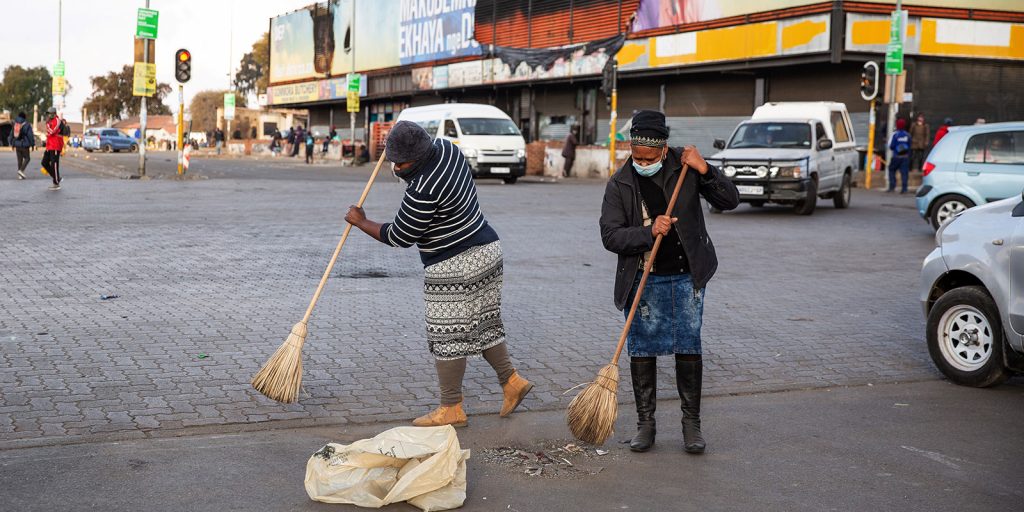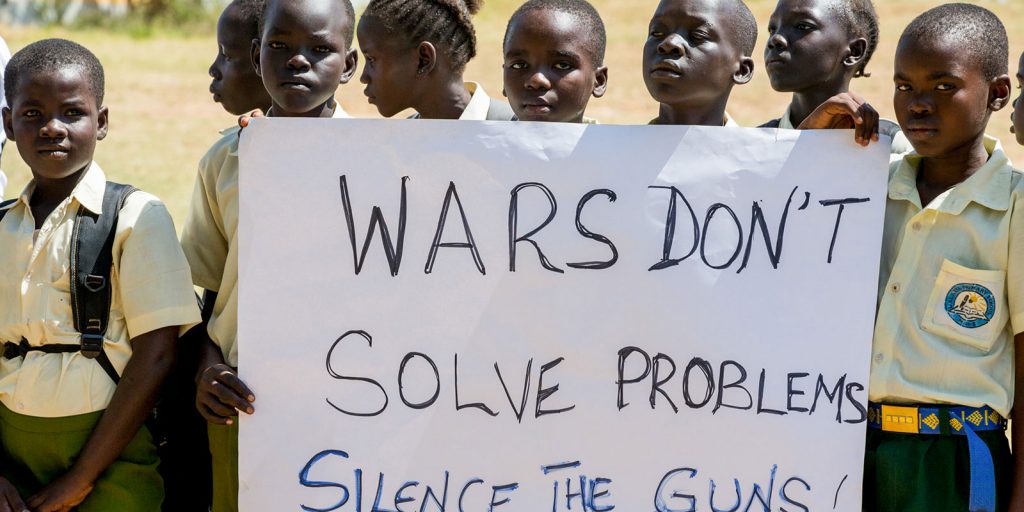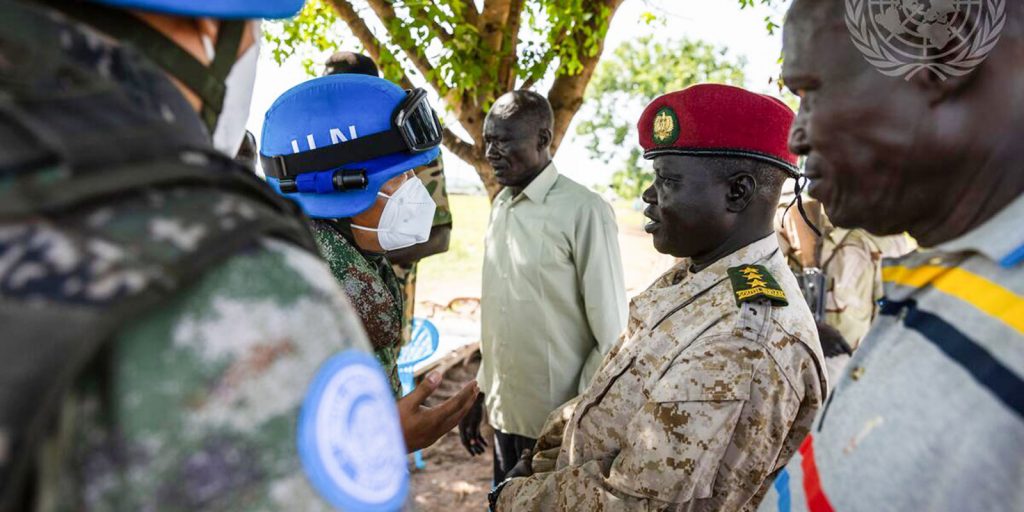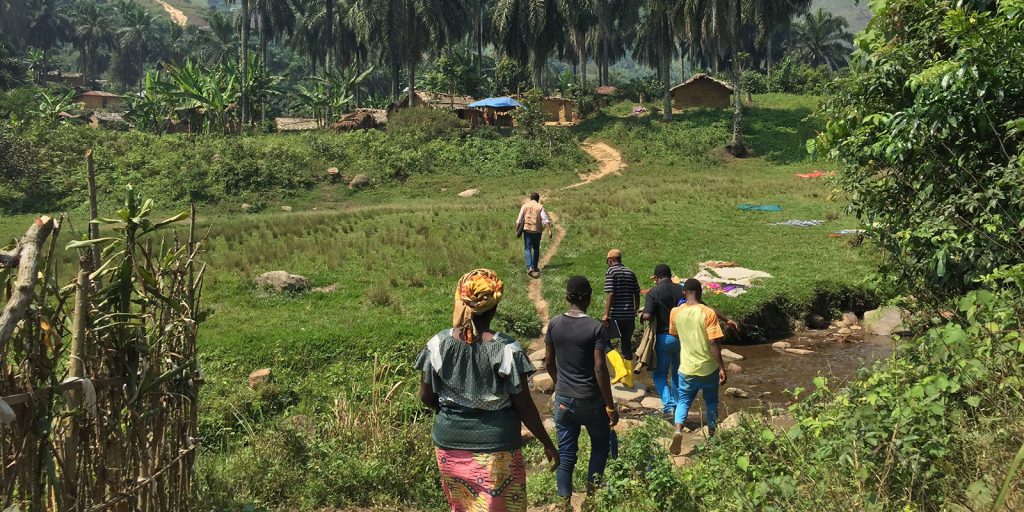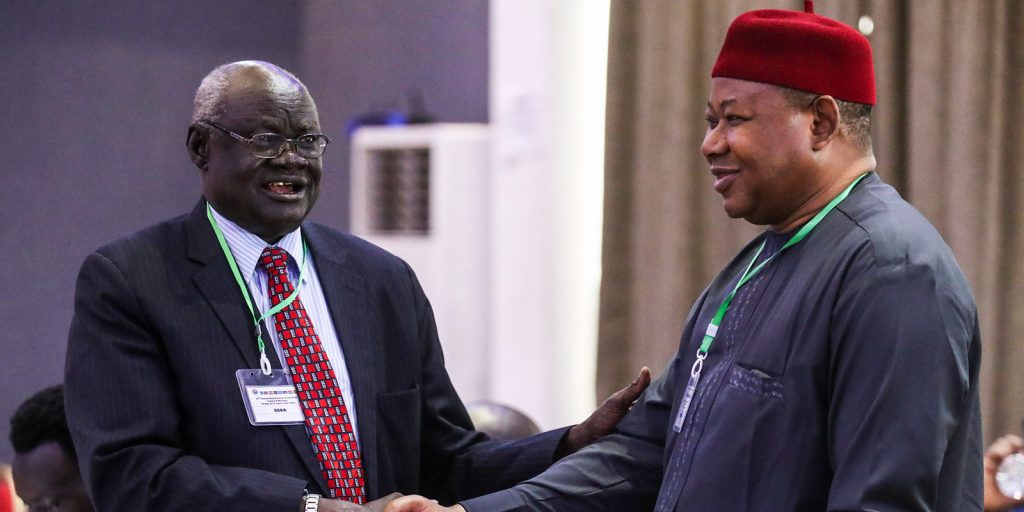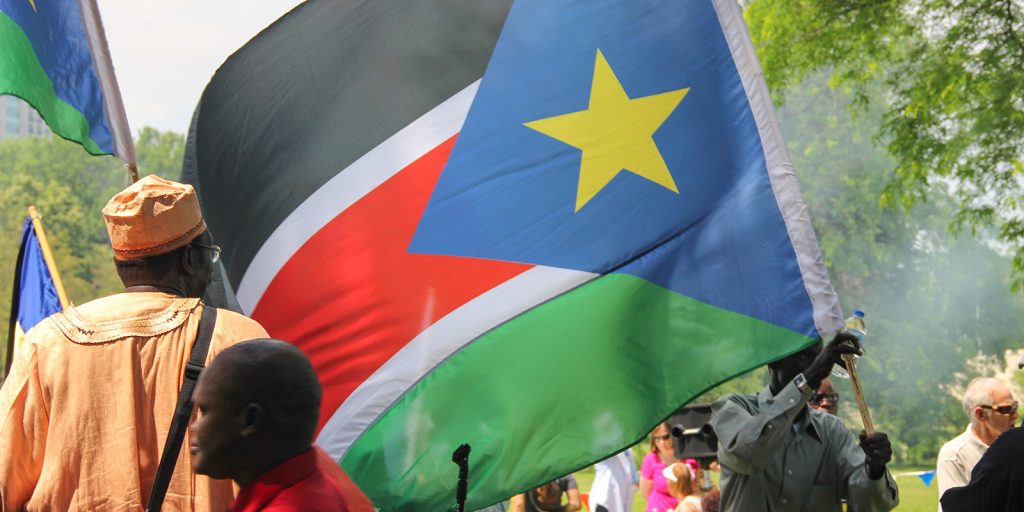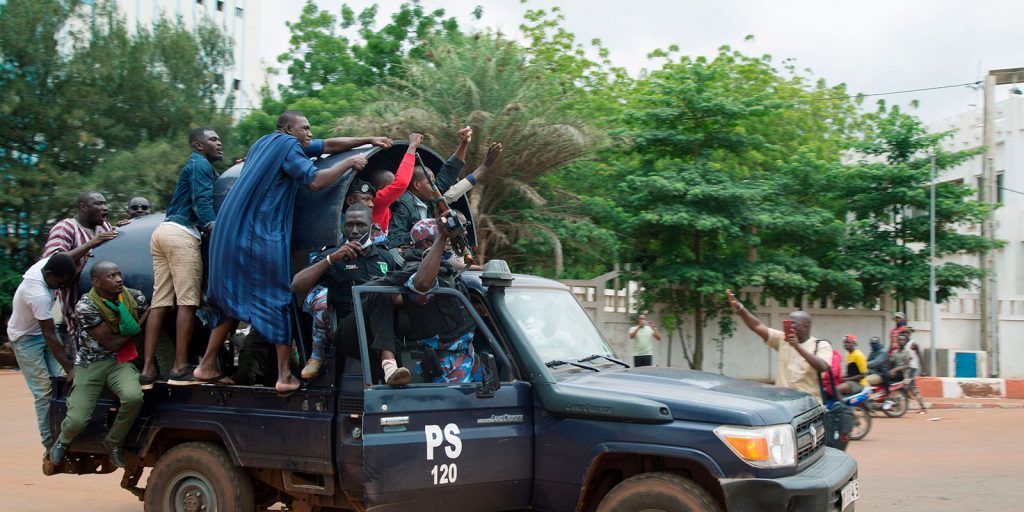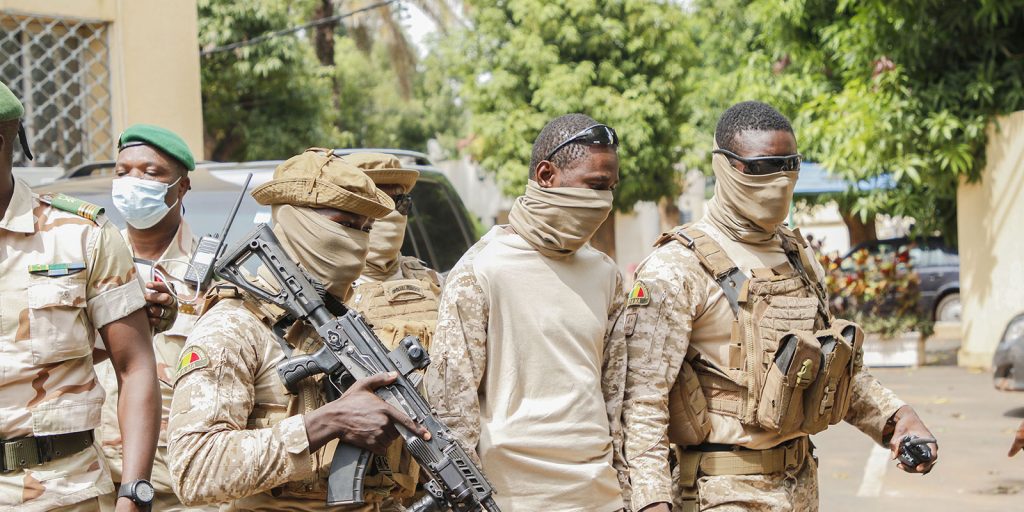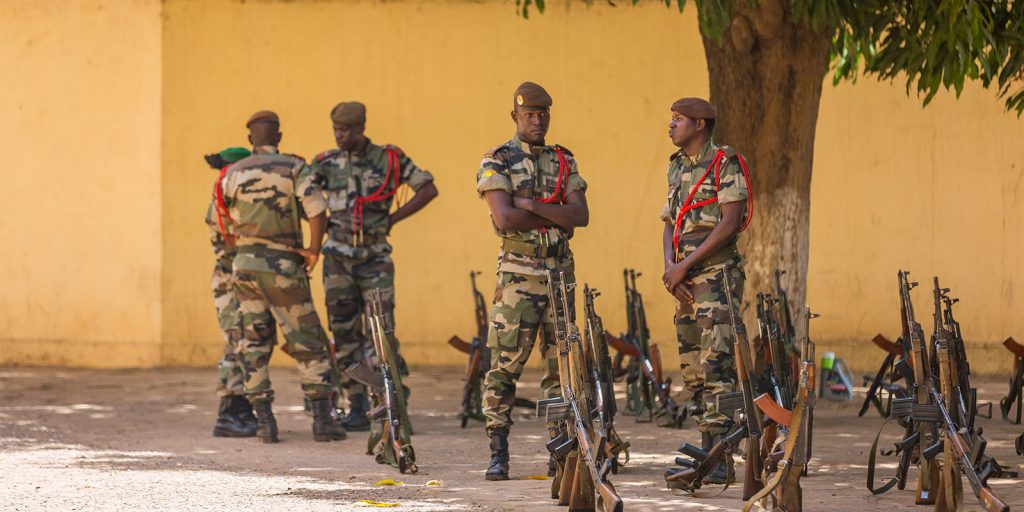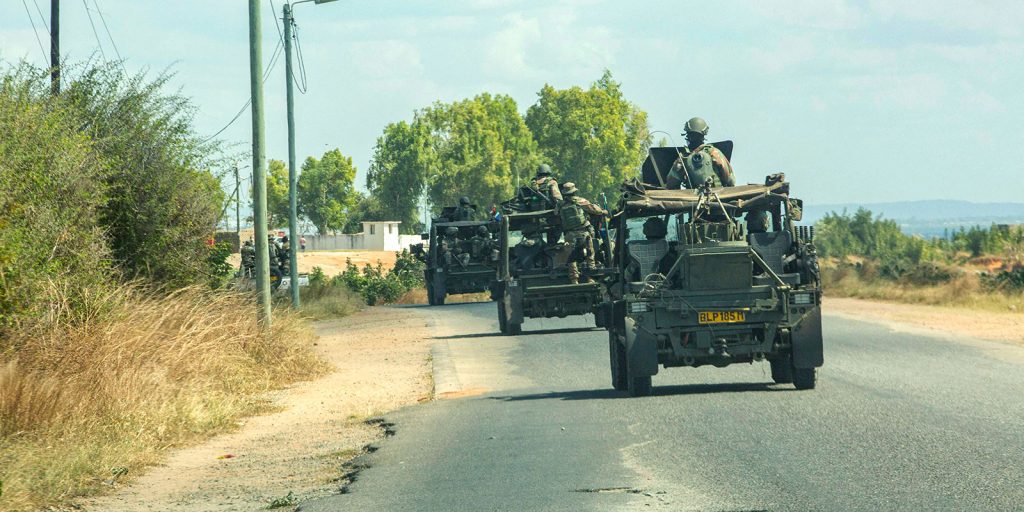
The Prospects for a Successful SADC Mission in Mozambique
Much has changed since the Ansar al-Sunna insurgent group in northern Mozambique captured the vital port city of Palma in April 2021. The setback, and subsequent withdrawal of Total Energy from its $20 billion natural gas project in the area, shocked Mozambique’s government after years of underestimating the insurgency, and failed experimentation with mercenaries. Even so, it was oddly reluctant to accept a Southern African Development Community’s (SADC) intervention mission, first delaying in at least two SADC Summits the mission announcement and then delaying the signing of the Status of Forces Agreement (SOFA) without which no troops could deploy. It now appears that this was intentionally done in order to allow for a rapid deployment of over 1 000 Rwandan military and police personnel to the area long before substantial SADC Mission in Mozambique (SAMIM) could deploy.

